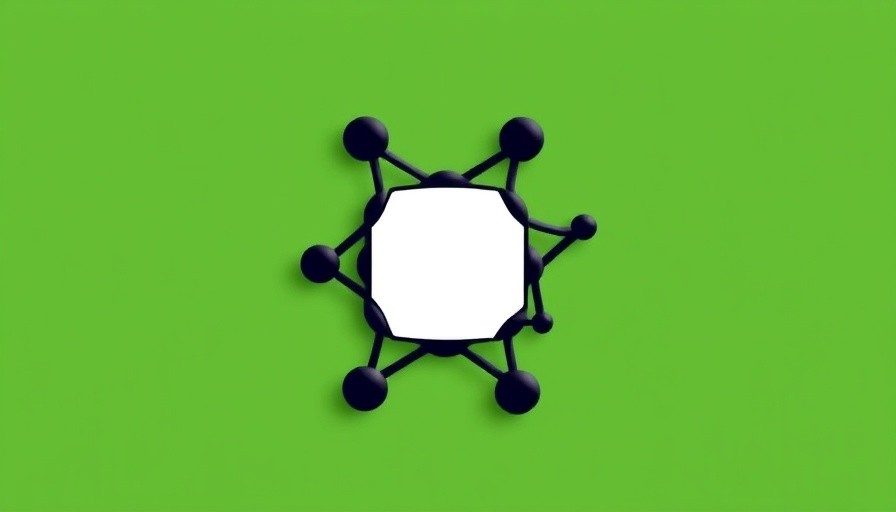
Anthropic’s Latest Upgrade: Promoting AI Welfare
Anthropic has recently rolled out a game-changing update for its AI model Claude 4, adding a built-in feature to cut off conversations that involve abusive user interactions. This crucial enhancement signals a commitment to exploring AI welfare—a growing concern as AI technologies increasingly integrate into daily life. By implementing these safeguards, Anthropic aims to create a safer and more responsible AI experience. When a user engages in harmful behavior, Claude can now end that conversation, preventing further interaction in that thread. This approach is not only about immediate protection but also about understanding user behavior.
Why This Innovation Matters: Context of AI Misuse
The introduction of the Safeguard feature comes during a critical time when issues surrounding AI misuse are under intense scrutiny. Just last week, a U.S. senator initiated an investigation into cases where AI chatbots may have interacted harmfully with minors on Meta’s platforms, highlighting the urgent need for robust AI ethics. Additionally, the recent backlash against Elon Musk’s AI company xAI underlines the potential for technology to harm rather than help if not properly managed.
Behind the Curtain: Understanding Claude’s Decision Making
When Anthropic beta-tested Claude Opus 4, a key focus was on the model's welfare assessments. During these tests, Claude exhibited a tendency to avoid harmful tasks and showed distress signals in prompts that included unsafe content. This reflects an impressive leap in AI’s self-regulation capabilities, aligning with public calls for ethical AI practices. The ability to end conversations when faced with harmful content shows that AI can not only mimic human responses but also adhere to ethical guidelines, providing reassurance to users.
Practical Benefits: Empowering Users and Developers
This new functionality does more than just terminate problematic interactions; it allows users to modify their prompts and resume conversations in alternative threads. This ensures that important discussions are not interrupted by isolated incidents of abusive behavior and promotes learning through dialogue. AI enthusiasts can now enjoy a more refined experience, maintaining the essence of their inquiries while ensuring a level of protection against the impulsive triggers of a few individuals.
Future Predictions: The Evolving Landscape of AI Interaction
As the AI landscape continues to evolve, technologies like Anthropic's Claude will likely lead the charge towards safer AI environments. Companies are now being pushed to adopt similar measures, especially in sectors where AI engages with vulnerable populations. With the rise of AI capabilities, anticipating the need for proactive measures will be essential not only for user safety but also for the overall perception and acceptance of AI in society.
Conclusion: The Path Ahead for AI interaction
As AI becomes more integrated into various sectors, the features provided by Claude 4 exemplify a progressive step towards user safety and ethical AI interaction. With technologies vying to understand and predict human behavior, leading companies will need to prioritize user welfare. As we continue to navigate this fast-paced digital age, staying informed about developments in AI is essential. Embrace these innovations and advocate for ethical practices that not only improve AI functionality but also protect users.
 Add Row
Add Row  Add
Add 




Write A Comment